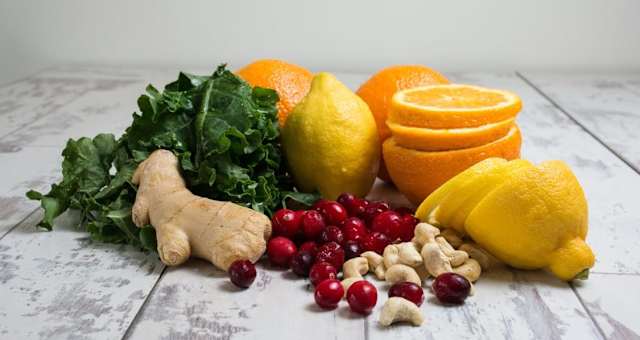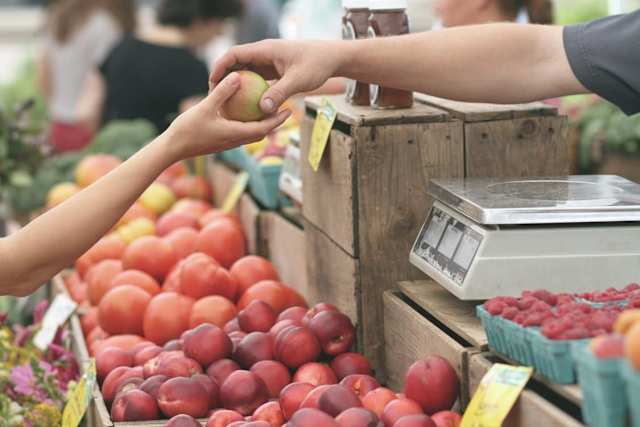
Helen Ryan-Stewart (Senior Lecturer in Sport and Exercise Physiology and Internationally Accredited Anthropometrist) gives her top 5 tips for healthy eating as part of our #20HealthyDays campaign. Read her blog below, or join her on Twitter (@_UoW) on Monday 13 March at 11am for a Q&A session.


Whether you want to improve your general health or have a weight-loss goal, food matters! We’ve all heard the phrase ‘you are what you eat’, and whilst you’re not literally going to turn into that sausage roll you just ate, it can have an impact on your health. Even small changes in your nutritional intake can make a big difference, so here are my top 5 tips for healthy eating:
1. How many portions?
The latest scientific research suggests that we should be eating 10 portions of fruit and vegetables a day to lower our risk of heart disease, stroke, and cancer. Essentially the message is the more fruit and veg you eat, the lower your risk – which is great, but what does a portion look like? It’s actually not as much as many people think – 1 apple, pear or banana, 1 tomato, a couple of spears of broccoli or 3 tablespoons of peas. So consider swapping your packet of crisps for some carrot sticks, or your flapjack for a banana and you’ll be well on the way to meeting the daily recommendation. If you’re worried about not being able to get to the shops to stock up, don’t forget we now have a fruit and veg stall on campus every Tuesday!
2. Just a spoonful of sugar…
…could lead to obesity and tooth decay. I’m not sure this version will make it into the upcoming adaptation of Mary Poppins, but it’s definitely a message that should be more widely spread. Regular consumption of high sugar foods and drinks can lead to weight gain mainly due to the high calorie content of those foods. If you’re trying to lose weight, cutting back on your regular fizzy drink, chocolate bar or bag of sweets can be a massive step in reducing your calorie intake.
3. Hold the salt on your chips
4. Calorie counting
The relationship is fairly simple – if you consume more calories than you burn you will put on weight. Equally, if you want to lose weight you need to either reduce the amount of calories you are eating or increase the amount you are burning off (through regular exercise and physical activity). Be wary of reducing your calorie intake too much though, since our bodies will adapt to extreme calorie differences by becoming more efficient with the calories you are consuming. This can result in a plateau in weight loss. The most sensible advice is to reduce energy balance by approximately 500 calories a day, resulting in around 1kg (2lb) weight loss every 2 weeks. A realistic weight loss goal like this will likely be more sustainable in the long term, avoiding ‘yo-yo’ weight loss and gain. You can use apps such as MyFitnessPal to track your progress.
5. A thirst for life
#20HealthyDays
Join the conversation at www.twitter.co.uk/_UoW